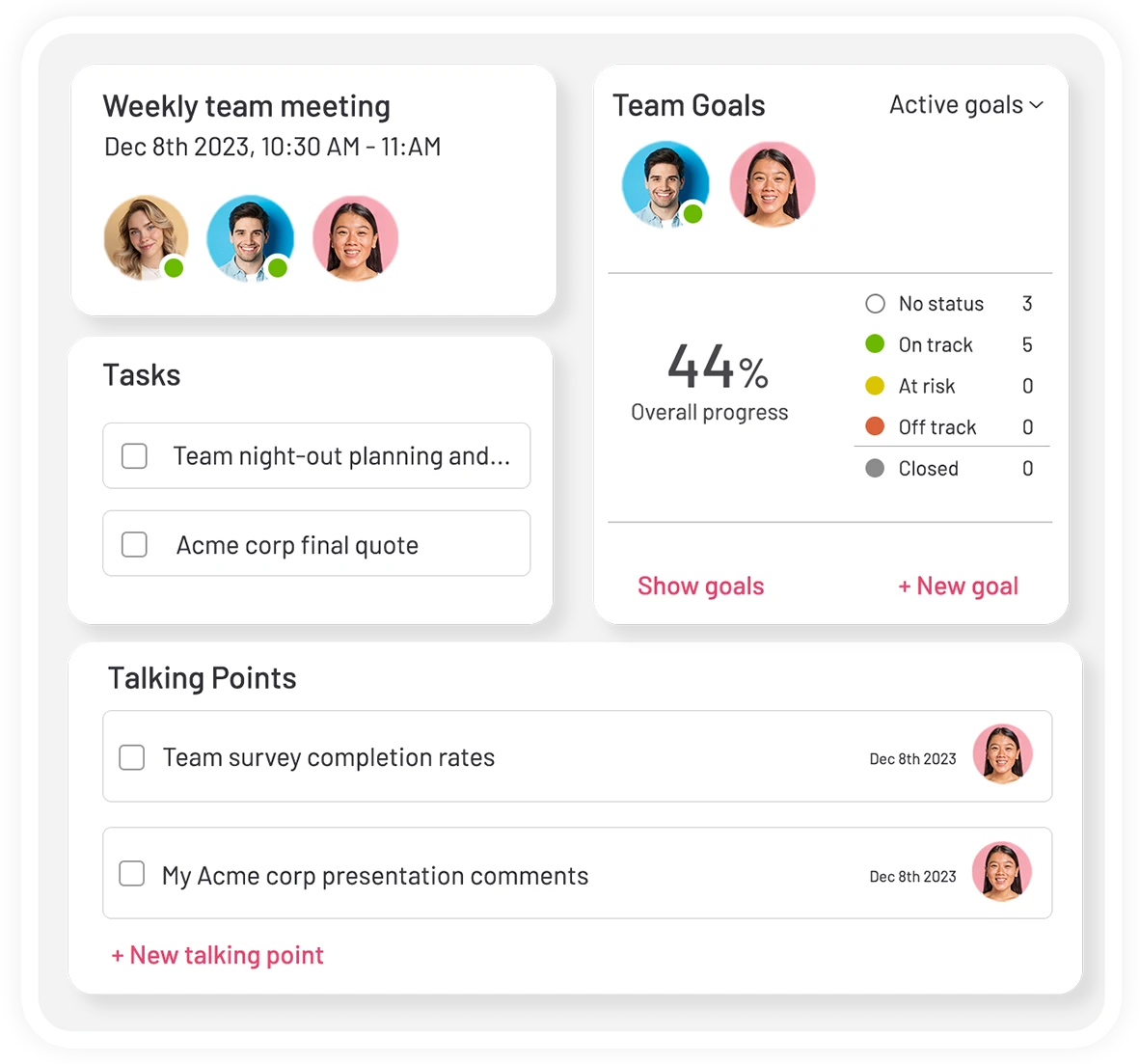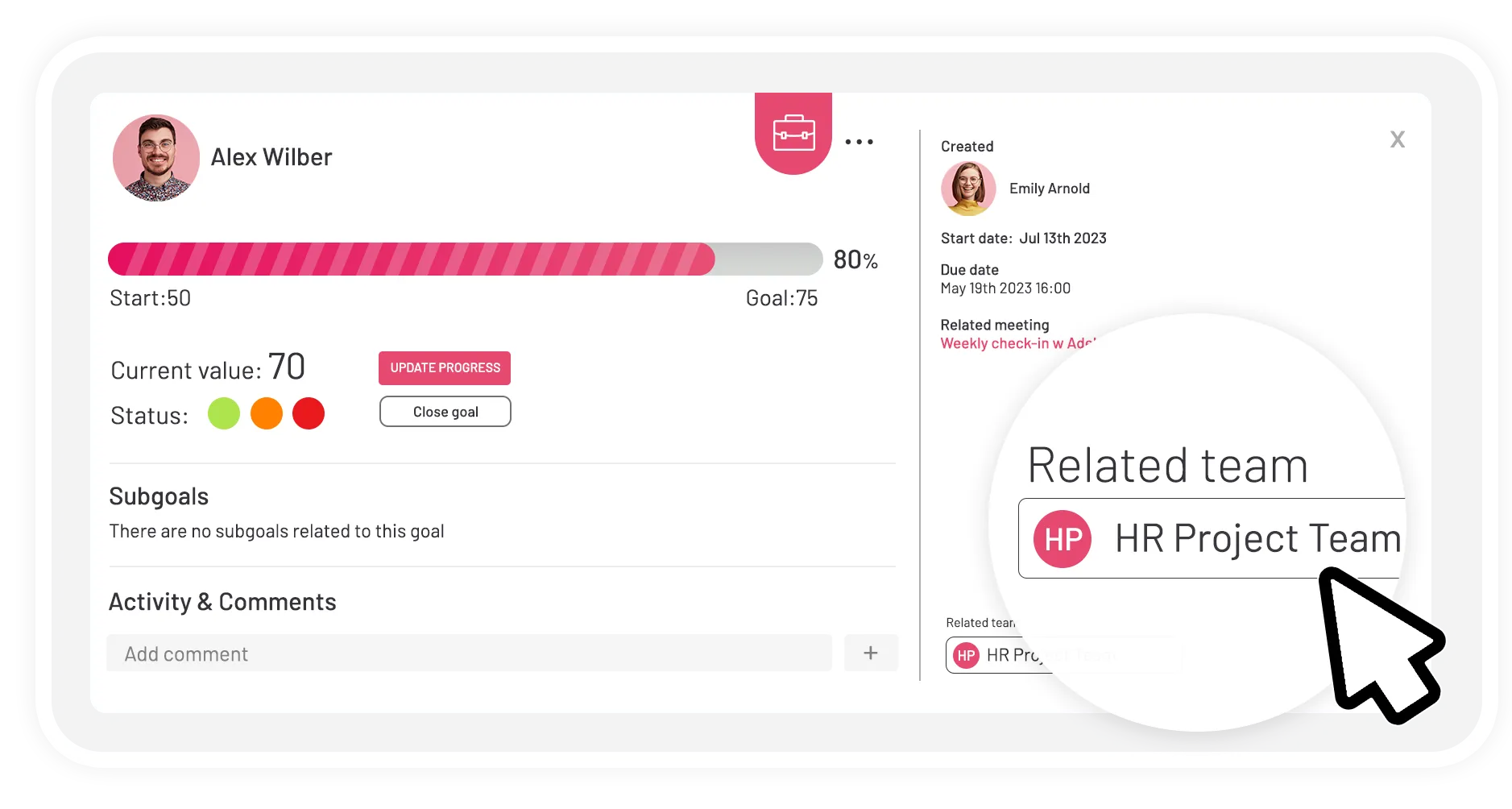If we are going to discuss team check-ins then the conversation has to start by addressing one of the key problems that managers run into while practicing them. They shouldn’t be done out of necessity. Leaders shouldn’t check in with their teams because they have to. They should do it because they are actually interested.
Many things have changed over the years: Today, the word office has a much looser definition thanks to remote working models. Freelance work actually pays.
People can be members of a team without ever meeting face to face. As definitions in the workplace evolve, and many conventional notions are challenged, it is extremely important to keep in mind that the relationships being formed are still as real and tangible as ever.
One of the best ways of preserving, or better yet, growing those very real relationships is the practice of team check ins. This topic comes with a lot of questions attached to it. How is this different from a weekly employee check-in? What do you discuss in a team check-in? Why are team check ins important? What questions to ask in a team check in? Or even the simplest question of: What on earth is a team check in?
In this latest addition to the Teamflect blog, we will be answering all those questions, starting with the second one!
Table of Contents
Conducting Remote Team Check-ins:
If you are part of an organization with a remote working model, you should invest in a meeting software to help boost the efficiency of your team check-ins. For Microsoft Teams users, the best answer is:
Teamflect

Teamflect is the best performance management system for Microsoft Teams, and it comes with an incredible meetings module! Teamflect’s meetings module allows users to create Microsoft Teams meeting agendas that they can integrate goals, tasks, and employee recognition.
With talking point suggestions and the option to make those talking points recur, Teamflect’s meetings module is the best option for remote teams. You can edit these meeting agendas before, during, and after meetings, and export meeting summaries.



